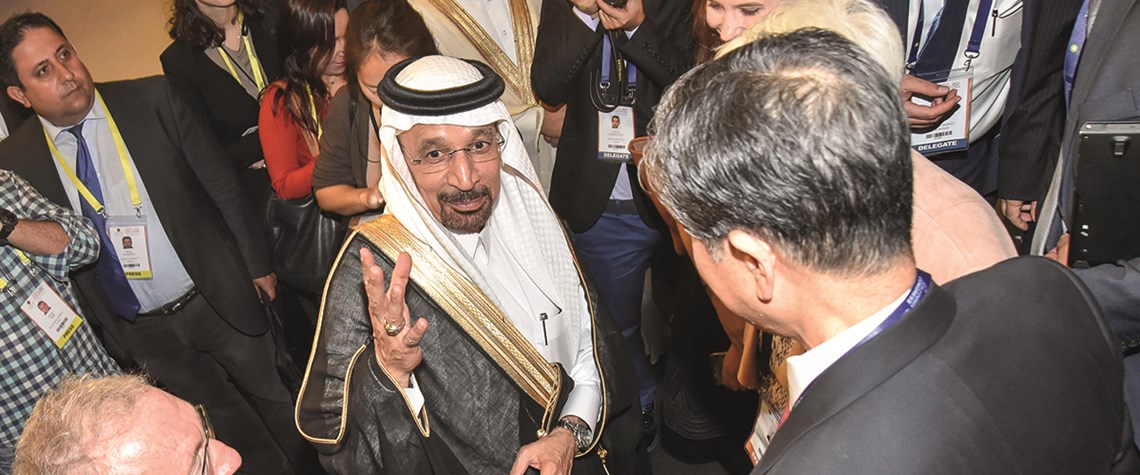End of the war for Opec
In the end, the fiscal pressures and income loss were too great for Opec’s members to bear—and the rewards of the market-share strategy too meagre
In January 2015, Oman's urbane oil minister could barely hide his contempt. Just two months earlier, at Opec's fateful November 2014 meeting, the group-of which Oman is not a member-had stared at a weakening oil market and decided to do nothing. In the memorable words of one Saudi oil adviser, the kingdom had decided to "take its hand off the tiller". But Mohammed al-Rumhy was having none of it. "I really fail to understand how market share became more important than revenue," he said from the podium of a Petroleum Economist conference in Kuwait City. "We have created volatility-and volatility is one of those words that's bad for business." It was "politics that I don't understand". Lots of

Also in this section
18 February 2026
With Texas LNG approaching financial close, Alaska LNG advancing towards a phased buildout and Magnolia LNG positioned for future optionality, Glenfarne CEO Brendan Duval says the coming year will demonstrate how the company’s more focused, owner-operator approach is reshaping LNG infrastructure development in the North America
18 February 2026
The global gas industry is no longer on the backfoot, hesitantly justifying the value of its product, but has greater confidence in gas remaining a core part of the global energy mix for decades
18 February 2026
With marketable supply unlikely to grow significantly and limited scope for pipeline imports, Brazil is expected to continue relying on LNG to cover supply shortfalls, Ieda Gomes, senior adviser of Brazilian thinktank FGV Energia,
tells Petroleum Economist
17 February 2026
The 25th WPC Energy Congress, taking place in Riyadh, Saudi Arabia from 26–30 April 2026, will bring together leaders from the political, industrial, financial and technology sectors under the unifying theme “Pathways to an Energy Future for All”







